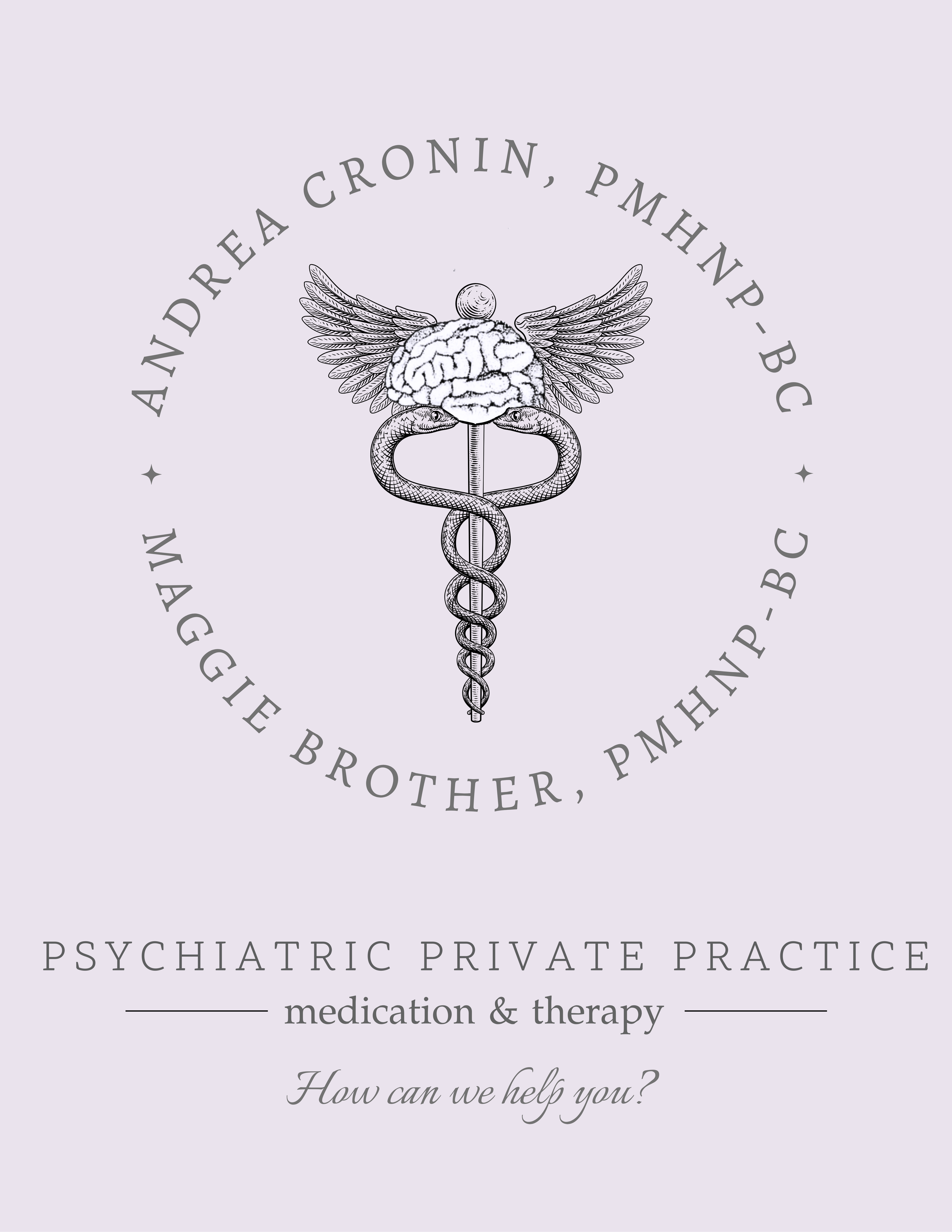Sleep Disorders are common. Approximately 50 million adults in the United States have been diagnosed with a sleep disorder. Sleep disorders have an adverse effect on sleeping patterns, and can be extreme or persistent enough to negatively interfere with your everyday life.
Symptoms often associated with sleep disorders may include the following:
- Excessive tiredness, even though you feel like you slept well.
- Inability to concentrate or focus because you feel tired all the time.
- Irritability, lack of patience.
- Abnormal sleeping patterns, such as sleeping longer than normal or not as much.
- Unusual breathing or random movements while you sleep.
- Snoring or gasping for breath.
- Falling asleep multiple times during the day
According to the Mayo Clinic, some commonly diagnosed Sleep Disorders are:
- Insomnia, which is one of the most common types of Sleep Disorders. Most people report experiencing insomnia at some point tin their lives, and it can include not being able to stay asleep as well not being able to go to sleep.
- Sleep Apnea, which can present in several different ways. Some people (or their sleeping partners) report gasping for breath in their sleep, choking, or strange gurgling sounds.
- Restless Leg Syndrome, which for some is reported to be one of the more annoying types of Sleep Disorders, due to the constant or intermittent jerking, or twitching when you are asleep. It is also known as RLS, or more accurately, Willis- Elkborn Disease. RLS can also present itself as an uncomfortable urge to move your legs.
- Narcolepsy, which is the person falling asleep unexpectedly, for example, in the middle of a conversation. It should be noted that Narcolepsy can occur not only in the elderly, but in younger patients as well.
- Teeth grinding while sleeping.
There are a multitude of treatment options for sleep disorders including an accurate diagnosis, behavior modification, developing healthy sleep hygiene, increased physical activity and medication. If you are experiencing symptoms similar to a sleep disorder, please contact us for a consultation.

